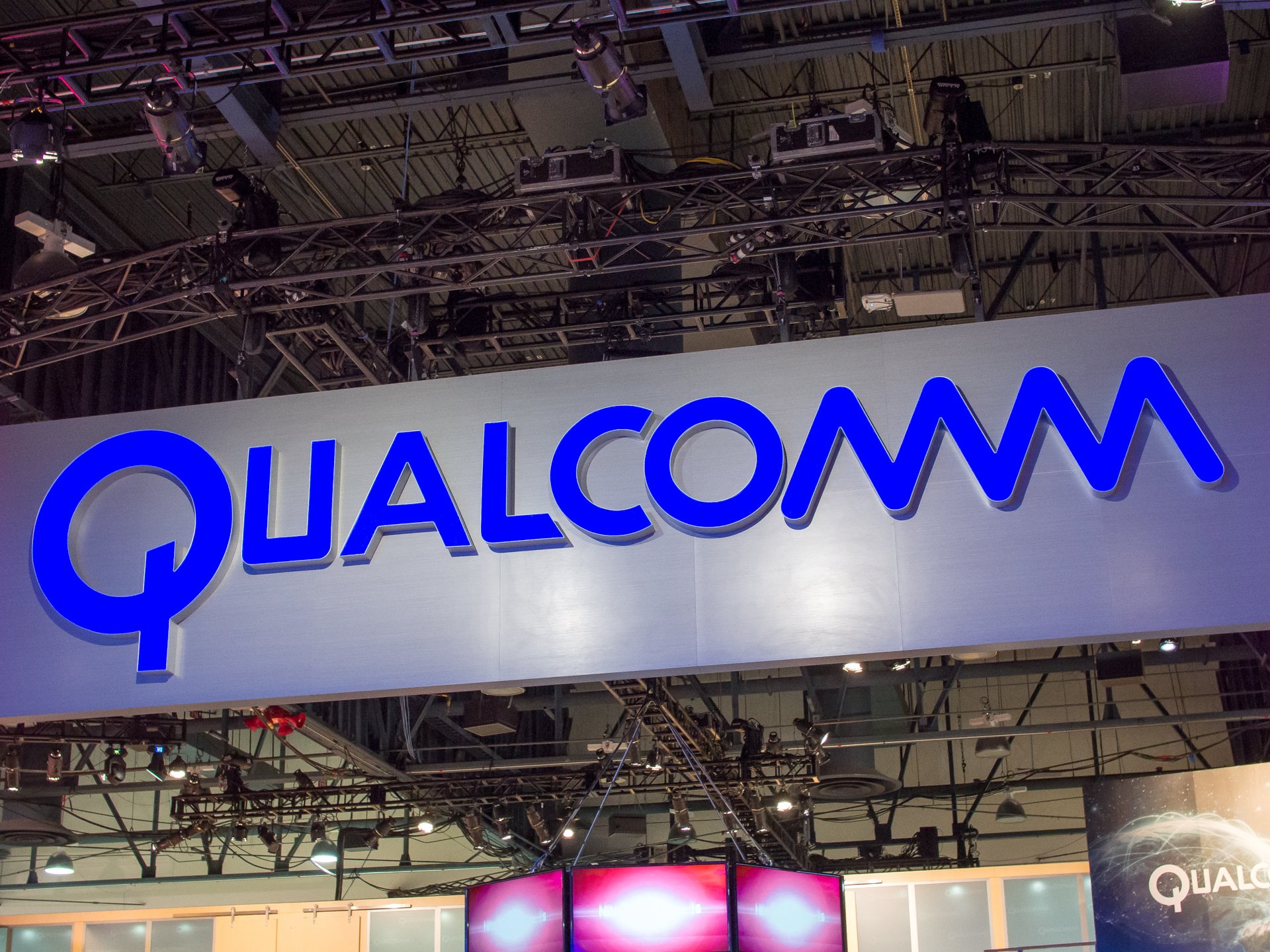Arm sues Qualcomm and Nuvia over license agreement breach
Arm accuses Qualcomm of illegally using its chip designs and architecture through the Nuvia acquisition.

What you need to know
- Arm has slapped Qualcomm with a trademark infringement lawsuit.
- Qualcomm was accused of using the licenses Arm gave to Nuvia before it was acquired.
- Arm wants Qualcomm and Nuvia to destroy chip designs developed using the licenses in question.
Qualcomm hoped to strengthen its position in the laptop and server markets, among others, with the Nuvia acquisition, but that dream may be jeopardized now that Arm has sued both companies.
Arm has filed a lawsuit against Qualcomm and Nuvia for unauthorized use of licenses granted to the latter prior to its acquisition. The British semiconductor company said that Nuvia broke its license agreement with Arm and infringed on its trademark ownership.
Nuvia, a startup founded by a former Apple chief processor architect, was granted licenses in 2019 to modify Arm's off-the-shelf core and design custom cores based on Arm’s architecture. Qualcomm's acquisition of Nuvia effectively nulled those licenses, Arm claims in its lawsuit.
However, when Qualcomm completed its $1.4 billion Nuvia buyout last year, it revealed plans to use Nuvia's CPUs in a wide range of devices, including smartphones, laptops, digital cockpits, and Advanced Driver Assistance Systems, among others.
It also appeared that Qualcomm transferred Nuvia’s licenses after closing the acquisition last year without Arm’s consent. According to the company, this is restricted under its license agreements. As a result, Arm terminated Nuvia’s licenses in March 2022.
"Before and after that date, Arm made multiple good faith efforts to seek a resolution," Arm said in a press release. "In contrast, Qualcomm has breached the terms of the Arm license agreement by continuing development under the terminated licenses."
Arm profits from licensing fees and royalties on products that use its technology. The company now wants Qualcomm and Nuvia to destroy certain core designs developed after March. It is also seeking fair compensation for the trademark infringement.
Be an expert in 5 minutes
Get the latest news from Android Central, your trusted companion in the world of Android
"These technological achievements have required years of research and significant costs and should be recognized and respected," Arm said.
Android Central couldn't immediately reach Qualcomm for comment, but the company's legal counsel told The Verge that "Arm has no right, contractual or otherwise, to attempt to interfere with Qualcomm’s or NUVIA’s innovations."

Jay Bonggolto always keeps a nose for news. He has been writing about consumer tech and apps for as long as he can remember, and he has used a variety of Android phones since falling in love with Jelly Bean. Send him a direct message via Twitter or LinkedIn.
